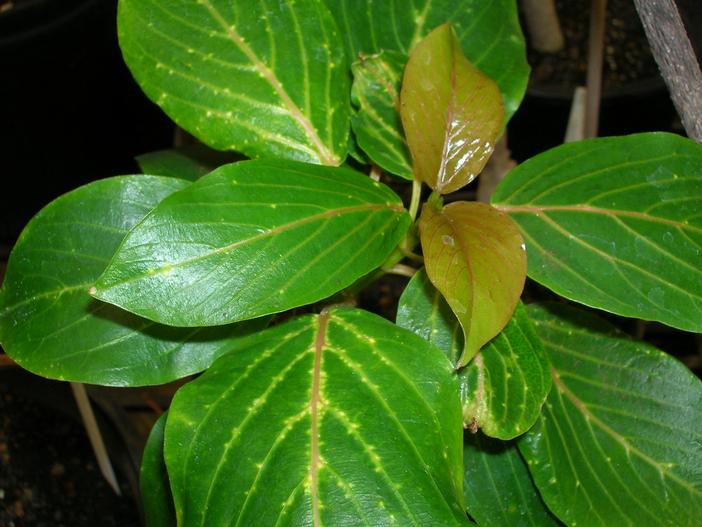Kauila
(Colubrina oppositifolia)
Kauila (Colubrina oppositifolia)
/
/

Forest and Kim Starr
CC BY 2.0
Image By:
Forest and Kim Starr
Recorded By:
Copyright:
CC BY 2.0
Copyright Notice:
Photo by: Forest and Kim Starr | License Type: CC BY 2.0 | License URL: https://creativecommons.org/licenses/by/2.0/ | Uploader: Starr Environmental | Publisher: Flickr


Estimated Native Range
Summary
Colubrina oppositifolia, commonly known as kauila, is a rare deciduous tree endemic to the Hawaiian Islands. It is typically found in dry, coastal mesic, and mixed mesic forests at elevations ranging from 787 to 3018 feet. Kauila grows on Oʻahu in the Waiʻanae Range and on Hawaiʻi Island in the Kohala, Hualālai, and Mauna Loa regions, with a solitary individual reported on Maui. This species, once a dominant component of these ecosystems, now numbers fewer than 300 wild individuals due to various threats.
Kauila reaches a height of 16-43 feet and is notable for its shredding gray-brown bark. The tree has oppositely arranged leaves and produces clusters of inconspicuous yellow-green flowers. While not known for showy blooms, kauila is valued for its hard, dense wood, historically used for making tools by native Hawaiians. In cultivation, it can serve as a conversation piece in a native plant garden or as part of a restoration project. Kauila prefers well-drained soils and can tolerate a range of light conditions from full sun to part shade. Due to its rarity, specific cultivation practices are less well-known, but efforts to grow it should mimic its natural habitat conditions. As a federally listed endangered species, kauila faces threats from invasive species, habitat loss, and overharvesting. Gardeners interested in this tree should source plants responsibly and consider its conservation status.CC BY-SA 4.0
Kauila reaches a height of 16-43 feet and is notable for its shredding gray-brown bark. The tree has oppositely arranged leaves and produces clusters of inconspicuous yellow-green flowers. While not known for showy blooms, kauila is valued for its hard, dense wood, historically used for making tools by native Hawaiians. In cultivation, it can serve as a conversation piece in a native plant garden or as part of a restoration project. Kauila prefers well-drained soils and can tolerate a range of light conditions from full sun to part shade. Due to its rarity, specific cultivation practices are less well-known, but efforts to grow it should mimic its natural habitat conditions. As a federally listed endangered species, kauila faces threats from invasive species, habitat loss, and overharvesting. Gardeners interested in this tree should source plants responsibly and consider its conservation status.CC BY-SA 4.0
Plant Description
- Plant Type: Shrub, Tree
- Height: 10-20 feet
- Width: 15-25 feet
- Growth Rate: Moderate
- Flower Color: N/A
- Flowering Season: Spring, Summer, Fall
- Leaf Retention: Deciduous
Growth Requirements
- Sun: Full Sun, Part Shade
- Water: Medium, Low
- Drainage: Medium, Fast
Common Uses
Bird Garden, Drought Tolerant, Low Maintenance
Natural Habitat
Kauila naturally occurs in dry, coastal mesic, and mixed mesic forests at elevations of 787 to 3018 feet on the Hawaiian Islands
Other Names
Common Names: Nakedwood, Ironwood, Kauwila, Soldierwood
Scientific Names: , Colubrina oppositifolia, Colubrina oppositifolia, Colubrina oppositifolia var. obatae,
GBIF Accepted Name: